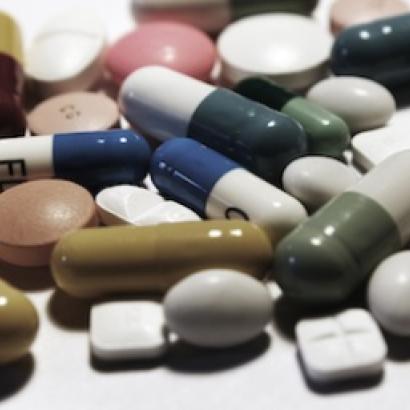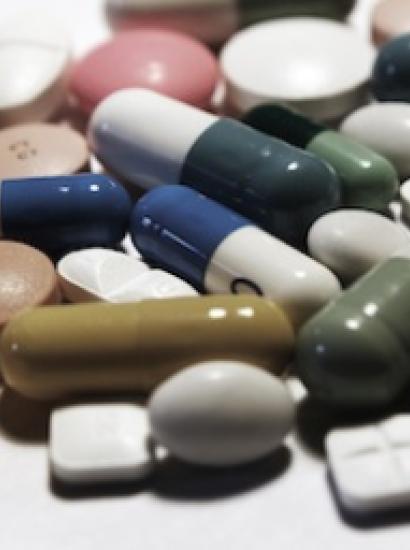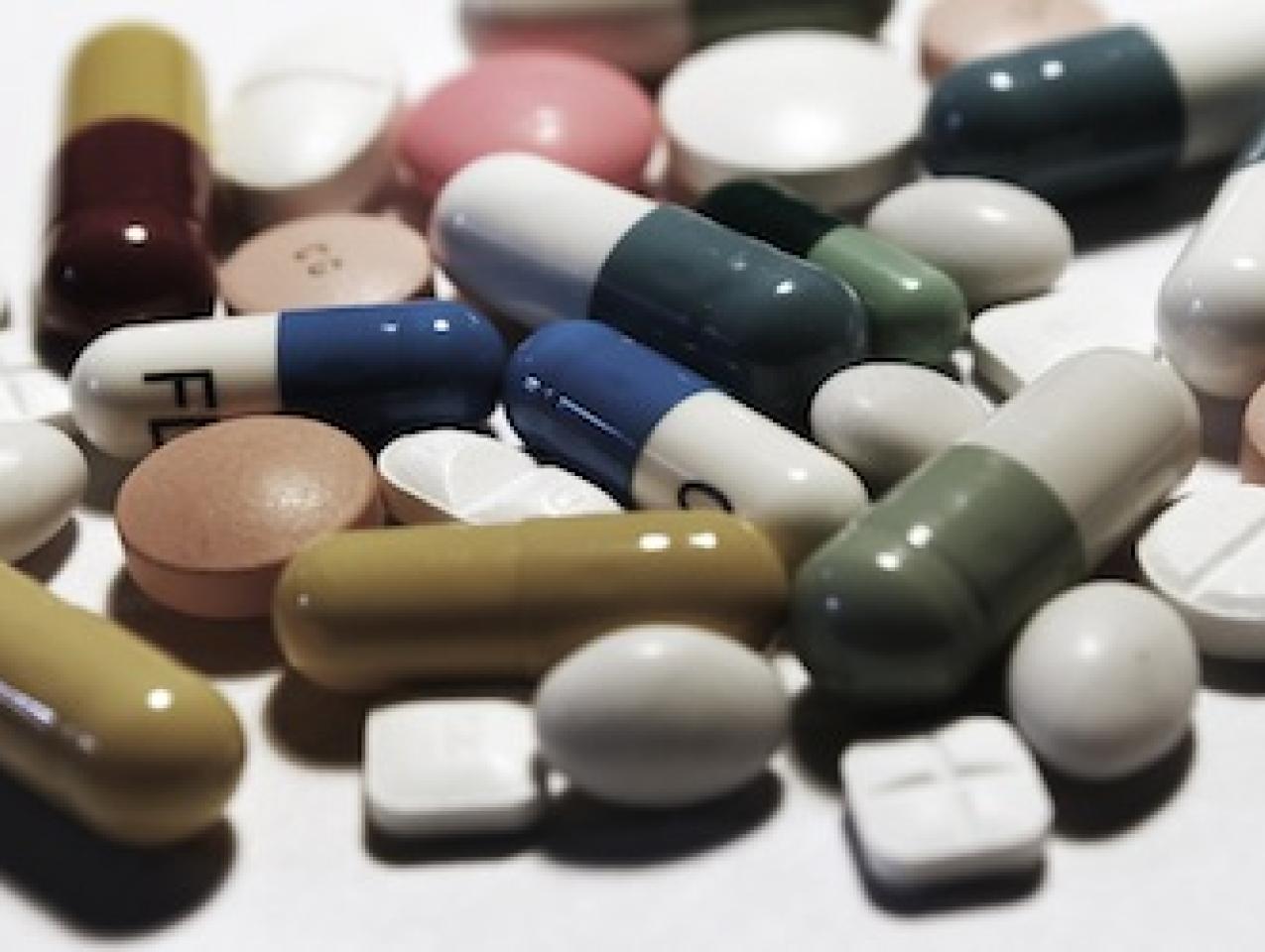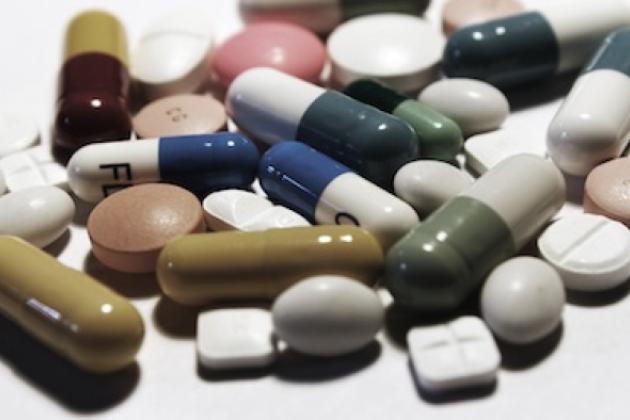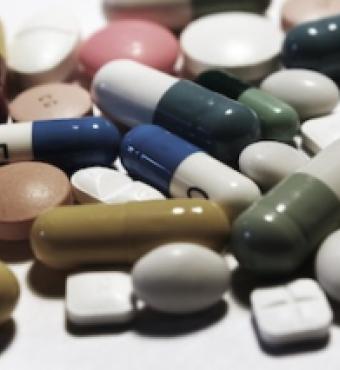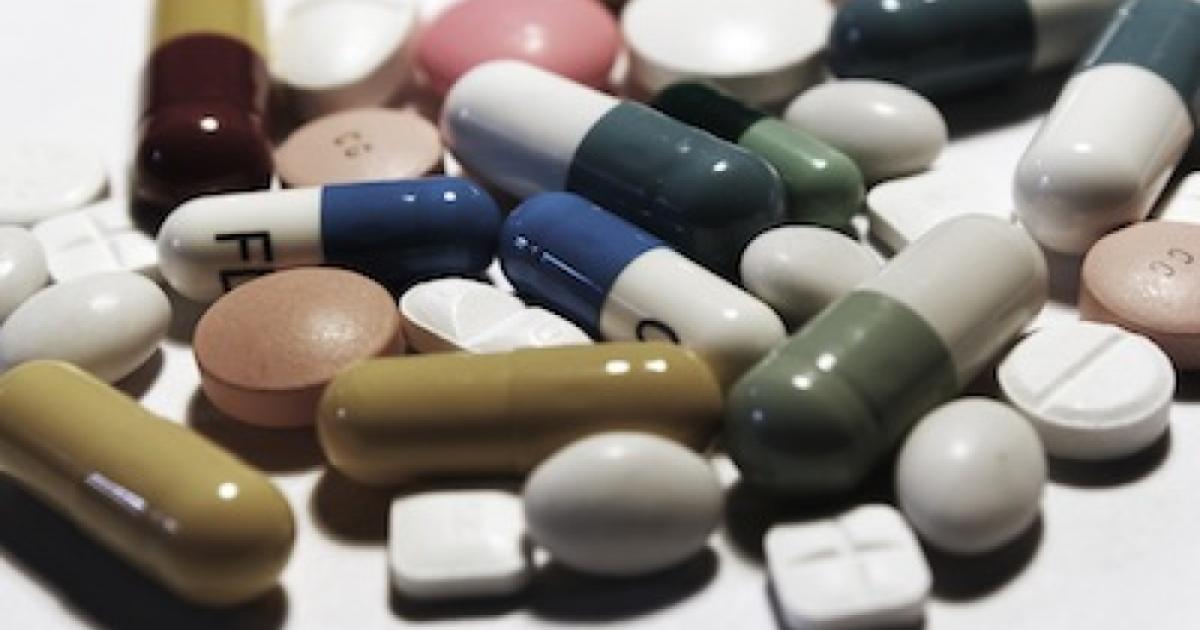- Law & Policy
- Regulation & Property Rights
- Health Care
- Economics
When it comes to the key pharmaceutical issue of off-label drug use, it’s clear the federal government is confused. One arm of the government actively denounces off-label drug use, going so far as to turn the promotion of off-label use by drug companies into a crime, while other arms of the government actively promote it. The implications of the suppression of off-label promotion are scary, not just for drug company shareholders and executives, but also for patients. If you make it a crime to promote a drug that makes us healthier, the result will be less promotion—and unhealthier citizens.

Photo credit: e-MagineArt.com, via flickr
On April 14, 2011 the U.S. government threatened to exclude Forest Laboratories, a pharmaceutical company, from future government business unless it removed its hapless CEO, Howard Solomon. Why? Because Forest had sold an unapproved drug and promoted two other drugs for "off-label" uses—i.e. uses for which the drugs were not approved. Forest agreed to pay the government a whopping $313 million in penalties for these violations. Still, the government wanted Solomon to step down even though it’s unclear whether he had anything to do with the actual violations. Solomon says he will challenge the "unwarranted and unprecedented" ban of Forest from future government business.
You would think that a government that institutes a $313 million penalty and tries to strong-arm a private company into removing its CEO would be clear on the principles of this case. You would be wrong.
The government has conflicting policies regarding off-label drug usage, with some agencies fostering it and others suppressing it. All the while, inconsistent messages are presented and aggressive penalties are imposed on pharmaceutical companies. What’s worse, the government is "un-grandfathering" older drugs and making them pass new drug regulatory hurdles. A drug that was permissible to prescribe yesterday will likely not be permissible to prescribe today. Such inconsistency harms American patients and the pharmaceutical companies trying to help them.
Are pharmaceuticals really pursuing "profits over the public’s health," in the words of the FDA?
So what should pharmaceutical companies do? After all, it’s bad to market unapproved drugs and to promote them for unapproved uses, right? Not exactly.
Consider the unapproved drug, oral levothyroxine sodium. This drug, produced by Forest and other companies, has been on the market since the 1950s to treat hypothyroidism. But in 1962, the FDA’s powers were increased and new drugs were required to show both safety (which had been required since 1938) and efficacy.
At first, the FDA "grandfathered" older drugs. But in 1997, the FDA decided that particular older drugs were actually "new drugs." Therefore, Forest needed to put those older drugs through the FDA’s expensive and difficult new drug approval process. Forest didn’t act quickly enough to follow all the proper procedures and violated the FDA’s deadlines. FDA Commissioner Margaret M. Hamburg said that the government is going after companies that "pursue profits over the public’s health." She knows better. Forest was trying to make profits by improving the public’s health. After all, levothyroxine did not become dangerous to the public overnight; the only thing that changed overnight was the FDA’s rules. And it was those rules that Hamburg was trying to protect, not the public’s health.
Then there’s the issue of off-label promotion. A drug’s "label" is the drug’s FDA-approved prescribing information—those complicated package inserts that we’ve all seen. Any approved use is on-label, while any use not listed on the insert is considered off-label, even though the off-label use may effectively treat a medical condition. Although the FDA tolerates off-label usage, it forbids pharmaceutical companies from promoting such uses.
Promotion is really just communication. So the ban on promotion means that your doctor is prohibited from getting any useful information from the company that manufactures the drug he is preparing to inject into your veins, if he is using the drug for off-label purposes. This prohibition on communication does real harm to real people, to say nothing of the harm that it does to the First Amendment. And it isn’t just Forest that has fallen afield of this rule; over the last three years, Pfizer was hit with an eye-popping $2.3 billion settlement; Eli Lilly paid $1.4 billion; Novartis paid $422 million; Allergan paid $600 million; Elan paid $204 million; and GlaxoSmithKline has set aside $3.4 billion for its settlement.
For some medicines, 90 percent of the usage is off-label. That’s because off-label uses of drugs save lives.
Singing the FDA’s tune, the Department of Veterans Affairs Inspector General George J. Opfer asserted that the government’s actions against Forest were "protecting those veterans from harm done intentionally or indirectly by pharmaceutical companies who promote off label marketing for profit." Perhaps Opfer can explain how veterans were harmed when physicians legally prescribed these medicines, the veterans voluntarily took them, and the Veterans Administration (VA), Medicare, and private insurers voluntarily paid for them. Who was deceived or intentionally harmed? Show us the victims.
Many uses of many drugs are off-label. Eli Lilly’s Prozac, for example, was originally approved to help people deal with depression. But doctors found that it often helped women with pre-menstrual syndrome. Off-label usage helps American patients because they get what their physicians believe are the best available drugs for their conditions. The National Cancer Institute (NCI) has stated, "Frequently the standard of care for a particular type or stage of cancer involves the off-label use of one or more drugs." For some medicines, 90 percent of the usage is off-label.
Off-label uses of drugs save lives. Consider Genentech and Biogen Idec’s Rituxan, which the FDA approved in 1997 for a specific type of relapsed or refractory non-Hodgkins lymphoma (NHL). In a matter of years, sales surpassed expectations. What had happened? Patients who did not suffer from NHL were taking the drug. Oncologists reasoned that a drug that works for relapsed and refractory patients might also work for previously untreated patients or even for other cancers. Since cancer is usually a deadly disease, it’s better to try something that might work rather than nothing at all. In many cases, Rituxan did work.
According to Oncology Business Review, "Rituxan has not only changed the natural history of NHL, it has significantly changed the way cancer is treated and how cancer research is approached." In fact, in April the FDA approved Rituxan to treat patients with Wegener's granulomatosis, a life-threatening inflammation of blood vessels, and microscopic polyangiitis, a similar disease. So the physicians’ off-label usage of Rituxan, far from being inappropriate or rogue, reflected the best in medical thinking and was ultimately vindicated by the FDA itself.
Off-label usage precedes formal FDA approval because the approval process is so expensive, unpredictable, and slow. It frequently doesn’t make economic sense for a drug company to put the time and money into getting another approved use, especially if the new disease afflicts only a few patients and/or the patent expiration date of the drug is near. But despite the evidence that off-label uses tend to help rather than hurt patients, the FDA persists in prohibiting promotion of off-label uses. If a company merely acknowledges off-label usage and internally forecasts the magnitude of the sales for manufacturing purposes, its lawyers become anxious. Is it possible that the FDA sees off-label prescribing as a threat to its powers? After all, if you can promote a drug for a usage that the FDA hasn’t formally approved, why endure the expensive and lengthy FDA approval process?
Off-label usage of Rituxan, far from being inappropriate or rogue, reflected the best in medical thinking.
Ironically, the U.S. government implicitly supports off-label drug use. Through the Medicare program and the VA system, the federal government regularly pays for many drugs prescribed off-label. And Congress, for its part, is pushing to expand Medicare to reimburse all drugs prescribed off-label. One organization advocating this congressional measure, the American Council on Science and Health, states, "There are many drugs that fill unmet medical needs when used off-label for other conditions. Perhaps the most common is the use of both antidepressants and anti-epilepsy drugs for chronic or neuropathic pain, an area where there are often no satisfactory approved medicines."
In addition to reimbursing off-label prescriptions, the government itself sometimes funds studies for off-label uses. The National Institute of Health’s (NIH) National Eye Institute, for example, funded a clinical trial of Genentech’s Avastin—which is already approved for cancer—for use on wet age-related macular degeneration (AMD), a disease that causes loss of vision among the elderly. Genentech never designed Avastin for use in patients’ eyes and so it never funded a head-to-head trial to compare the cheaper Avastin to the more expensive Lucentis—which was designed to treat eyes. That’s why the government stepped in, hoping to save money on AMD treatments. And the results, which just came out, are promising. So if off-label usage threatens public health, as the FDA claims, then Congress, Medicare, the VA, the NCI, and the NIH never got the memo.
Multiple arms of the federal government are actively fostering off-label usage. But if a drug company encourages off-label usage in some trifling or inadvertent way, the government damns that company for greedily putting profits above public health, it slams a stiff fine on the company, and it even pressures the company to fire its CEO, even though he has never been charged with or convicted of any crime. The prohibition on off-label promotion is nothing more than a prohibition on the communication of legally and medically legitimate uses of pharmaceuticals. How can doctors make the right therapy choices without the right information? Real Americans are suffering real, and sometimes catastrophic, harms as a result of the FDA’s single-minded policy on off-label promotion.








